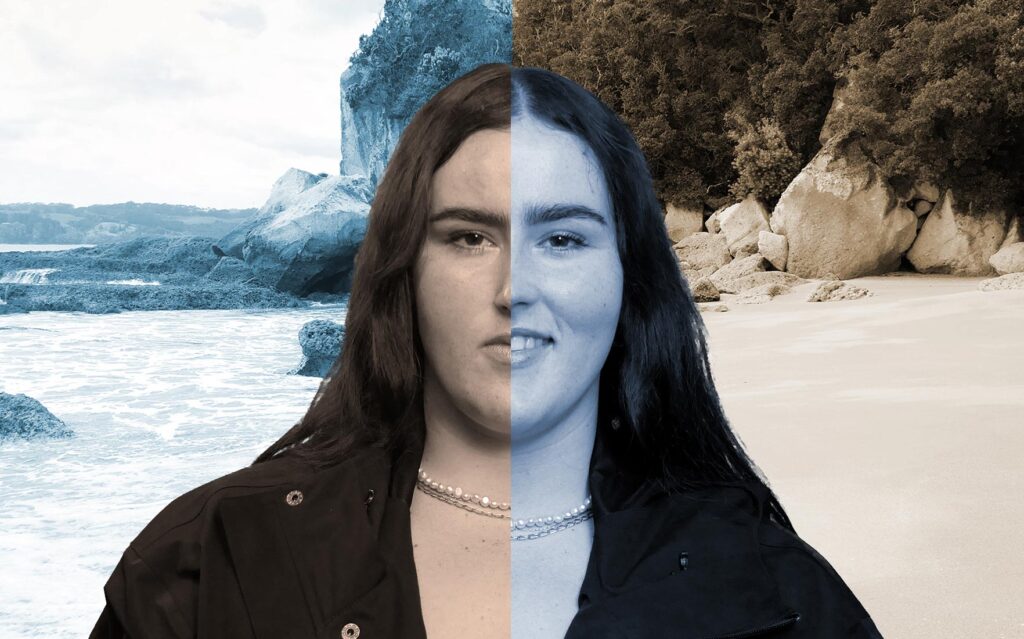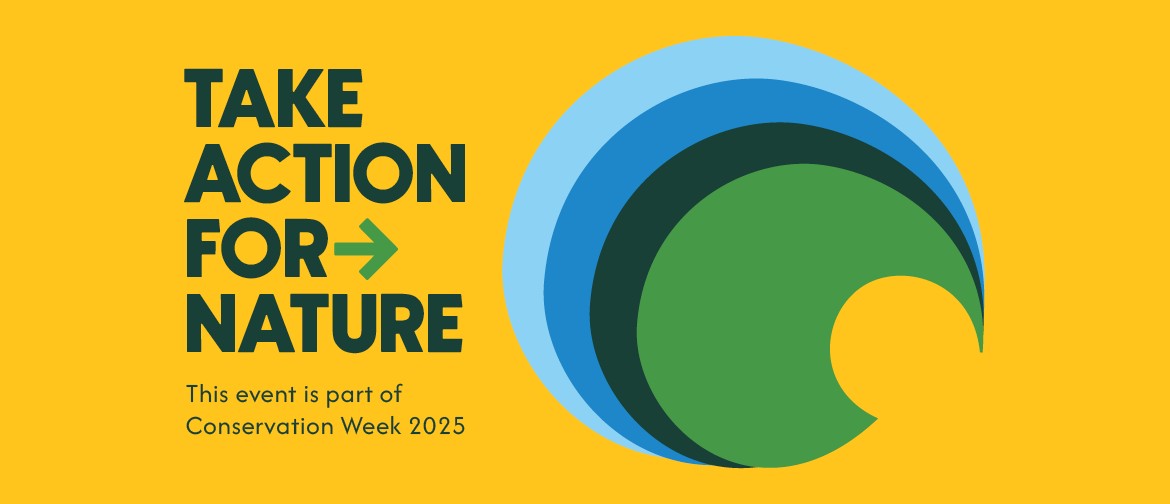Mirror Mirror on the wall…in this digital age, who is the fairest of them all?

We’ve been looking in the mirror a lot lately – that is, the mirror of our devices. Why wouldn’t you, when you can zoom up as close as possible to your face to critically pick yourself apart? I hear it’s great for your self-esteem! Especially when all the tools to smooth, shrink and sharpen your way to perfection are just at your fingertips twenty-four seven, always there, always available – a constant reminder of our perceived ‘flaws’.
Our world, where terms such as ‘Snapchat Dysmorphia’ coexist alongside plastic surgeons being in high demand to chisel away at our natural beauty in favour of mimicking the ‘Natural Beauty’ filter, seems just as unreal as the filters themselves. Accompanying the highly sought-after ‘Natural Beauty’ filter are other popular ones such as ‘Clear Skin’ and the subtly named ‘Pretty Face’ filter, amongst many others, which offer users an instantly made-up, blemish-free version of themselves to share with the world online.
It all may seem initially innocuous, I mean what’s the harm in a little confidence boost after all? However, filters can insidiously reinforce western beauty standards, and encourage some to resort to drastic measures in order to conform with their features in real life. These typically consist of ethnic ambiguity, flawless skin, slenderness, big eyes, full lips, small nose, perfectly contoured curves or muscles and an overwhelming hyperfocus on eurocentric features. It’s no surprise then, that the rise of face filters and editing apps has been correlated with a surge in cosmetic surgeries. Research on the link between social media and self-esteem finds users of image-heavy social media platforms, like Instagram, are more likely to consider going under the knife, while 55% of plastic surgeons in 2018 reported their patients’ surgeries were motivated by a desire to look better in selfies according to American Academy of Facial Plastic and Reconstructive Surgery (AAFPRS).
What if we were to embrace the freckles scattered across our faces where the sun has kissed our skin? Or the stretch marks that tell a story of the transitions and growth our incredible bodies are capable of?
Beauty may be subjective, and yet society continues to promote stringent, unattainable ideals that can cause a catalyst of harm, especially for the younger generation – the biggest consumers of beauty filters. Is this a healthy message we want to be participating in? Promoting toxic beauty ideologies to children, adolescents and young adults for them to internalise being deemed undesirable in society’s eyes – to then regurgitate this mentality out into the world as well. A toxic cycle ensues and no one wins. According to Dove’s ‘Self Esteem Project’ latest findings, 52% of girls use filters every day and 80% have used an app to change their appearance before the age of 13. Along with these statistics, 77% of the girls that took part in Dove’s latest study reported trying to change or hide at least one part of their body before posting a photo of themselves and 50% believed they didn’t look good enough without photo editing. These shocking figures suggest that the increasing effect of filters and digital distortion amongst girls and young women is creating low confidence and self-worth.
As an adult, it is easier to resist the effects of social media filters due to having a more solid sense of self and identity. Whereas children, teens and young adults are much more vulnerable to the consequences for their self-esteem of actively using filters and photo editing apps, as they measure themselves up against these unattainable beauty standards and then perceive their real selves as inadequate in comparison.
What if we were to embrace the freckles scattered across our faces where the sun has kissed our skin? Or the stretch marks that tell a story of the transitions and growth our incredible bodies are capable of? What about looking at loved ones’ faces and imagining them without their little quirks and their unique qualities that make them them? Their wide noses and wonky smile, their crow’s feet and laugh lines. Imagine us without our qualities that they love about us. Why whitewash and hide these aspects that are truly beautiful? Maybe it’s time to kiss goodbye toxic beauty filters and take an unfiltered hard look in the mirror and get a reality check as beauty stares back at us.
– Words by Francesca Dowling






